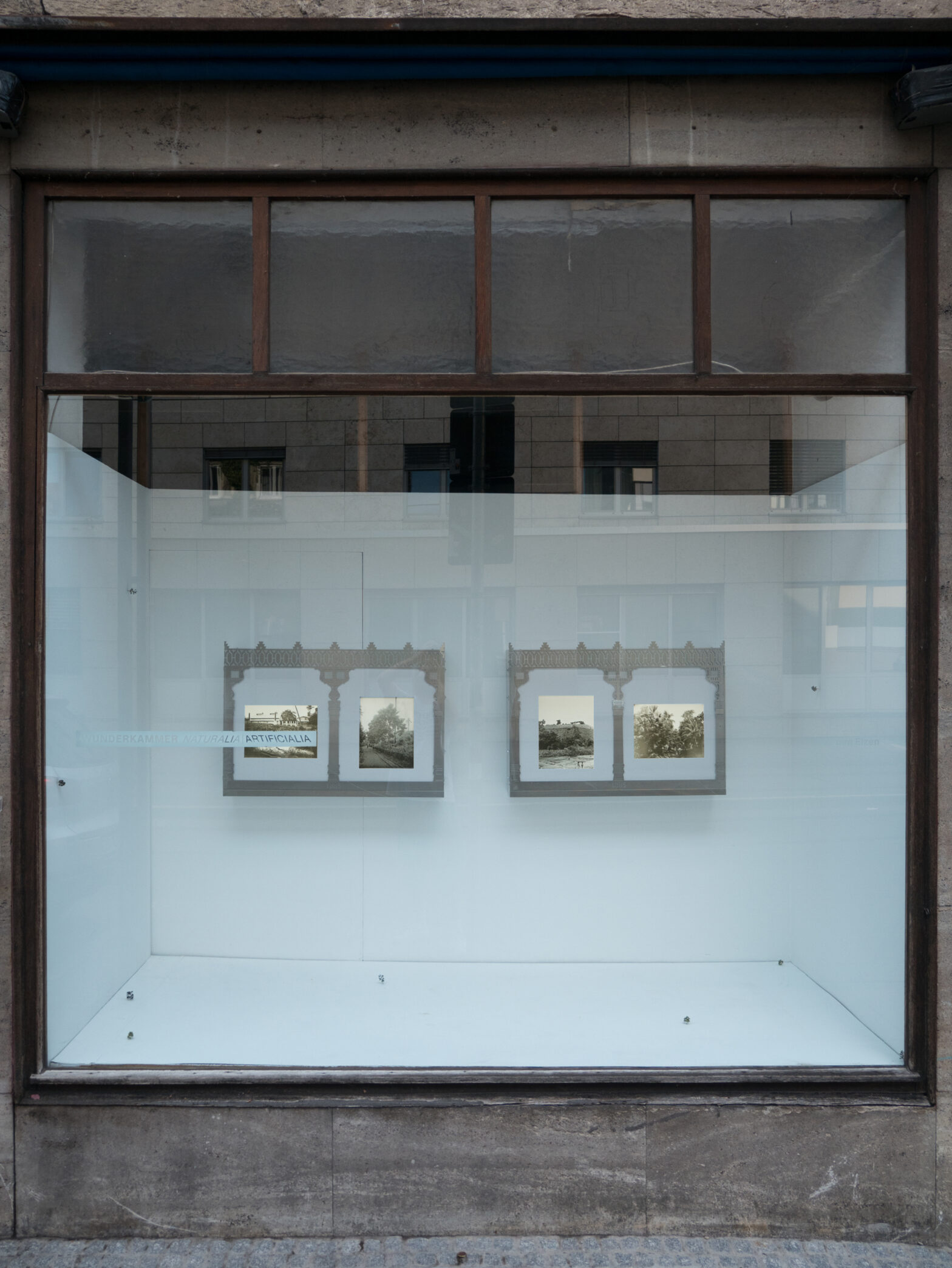The trouble with disorderly detail
Aluminum lightboxes with laser cut aluminum frames
60 cm x 100 cm x 20 cm
The trouble with disorderly detail (sound)
Audio
Composer / sound designer: Alice Z. Jones
Taken from Cameroon, undated
Archival photograph printed on backlit transparency film
25 cm x 32 cm
Taken from Cameroon, undated
Archival photograph printed on backlit transparency film
25 cm x 32 cm
Taken from Cameroon, undated
Archival photograph printed on backlit transparency film
32 cm x 25 cm
Taken from Cameroon, 1905
Archival photograph printed on backlit transparency film
32 cm x 25 cm
Trees
Artificial model trees
Dimensions variable
Ventilation, hydration, and humidity systems regulate the false environment of the botanical garden. Within its glass-encased wrought-iron skeleton, the metallic, subdued hum of machines reveal the artifice that without such controls, tropical plants would not survive – for they have been transported to countries that are far too cold, too dark, too gray to support their life. Here, in the space of botanical garden, plants have been collected not only for their aesthetic value, but for profit.
Plants have sited and relational histories that predate colonization, with narratives that have become secondary to their value as commodities within capitalism. The uses of plants, for medicinal remedies, recipes, rituals, while known through oral history and embodied knowledge, have been superseded through their systematic accumulation and cataloguing.
The site of the Berlin Botanical Garden, in particular, operated with the goal of expansion into and extraction from the German colonies through its collection of plants. Many of the tropical species displayed for local publics – commodities such as coffee, cocoa, palm, and teak – were used as a means to justify German imperialism into present-day Rwanda, Burundi, and parts of
Tanzania and Mozambique (the former German East African colonies), Namibia (the former German South-West Africa), Togo and Cameroon. In Cameroon specifically, the Limbe Botanical Garden operated as an agricultural testing ground used to analyze and study the viability of economically lucrative plants. Much of this work was carried out by African botanists whose names and labour have been supplanted by German scientists who were credited with enriching the country through an accumulation and distribution of natural goods. The space of the botanical garden is intrinsically linked to the space of the plantation, where monocultures were later raised based on the research conducted within the garden.
The trouble with disorderly detail reflects on the violence of the botanical garden, as a site of knowledge, and how it is inextricably tied to capital, land, and property. The archival record always lies, we know this by now. Sound offers a mode of “critical fabulation”, in the words of Saidiya Hartman, that cannot reconcile the violence of the archive, but it offers us an opening: a method of troubling the colonial narrative, seeping through the fragments and transforming how we encounter it. Poetics pushes against paper as a form of refusal.
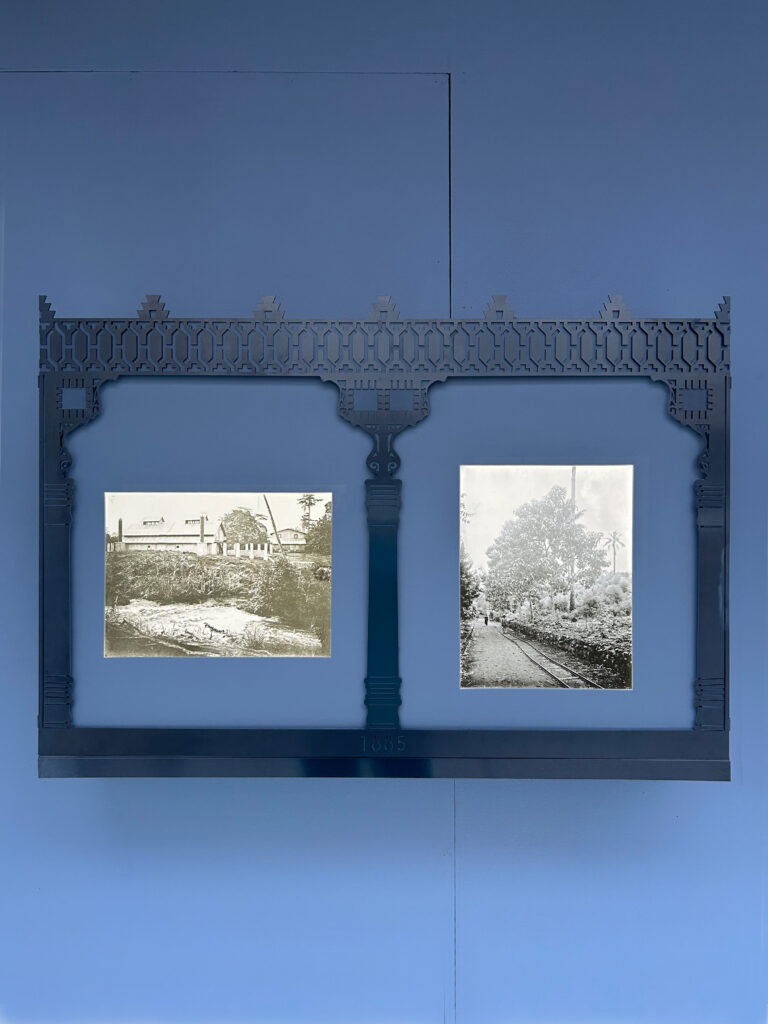
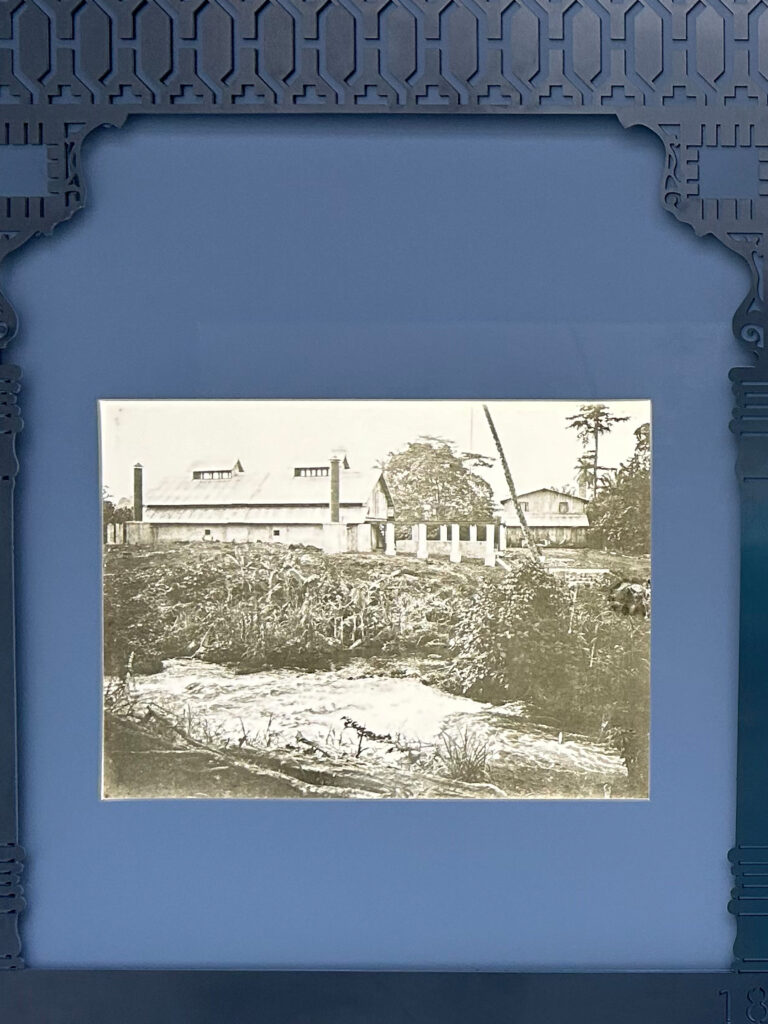
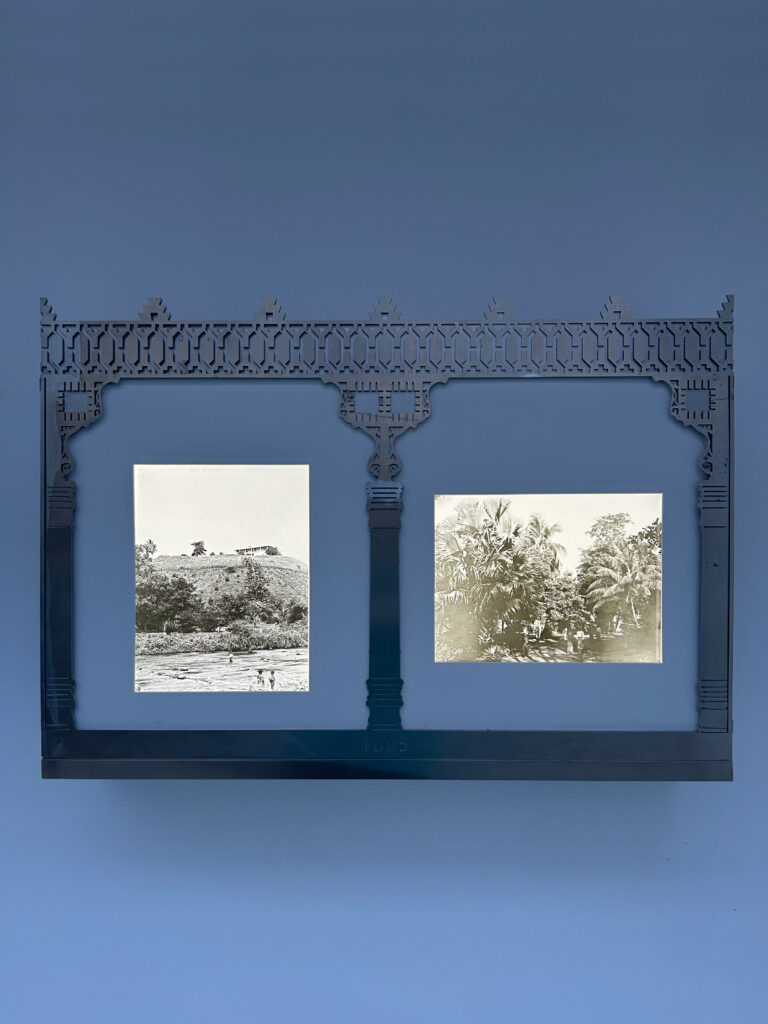
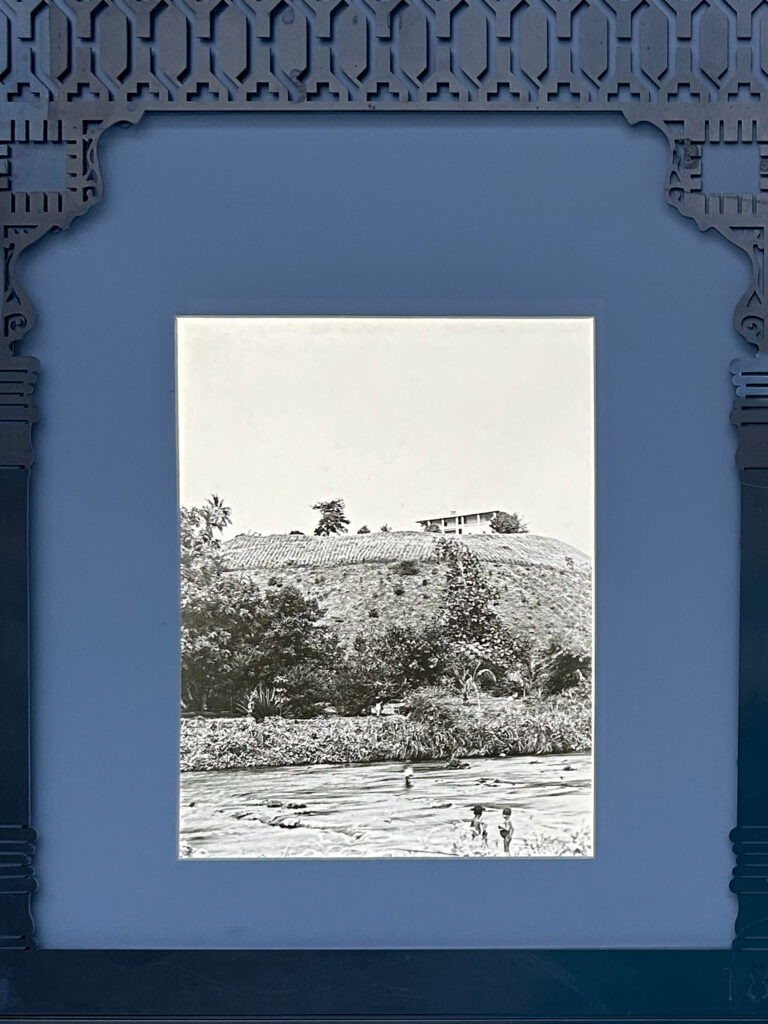
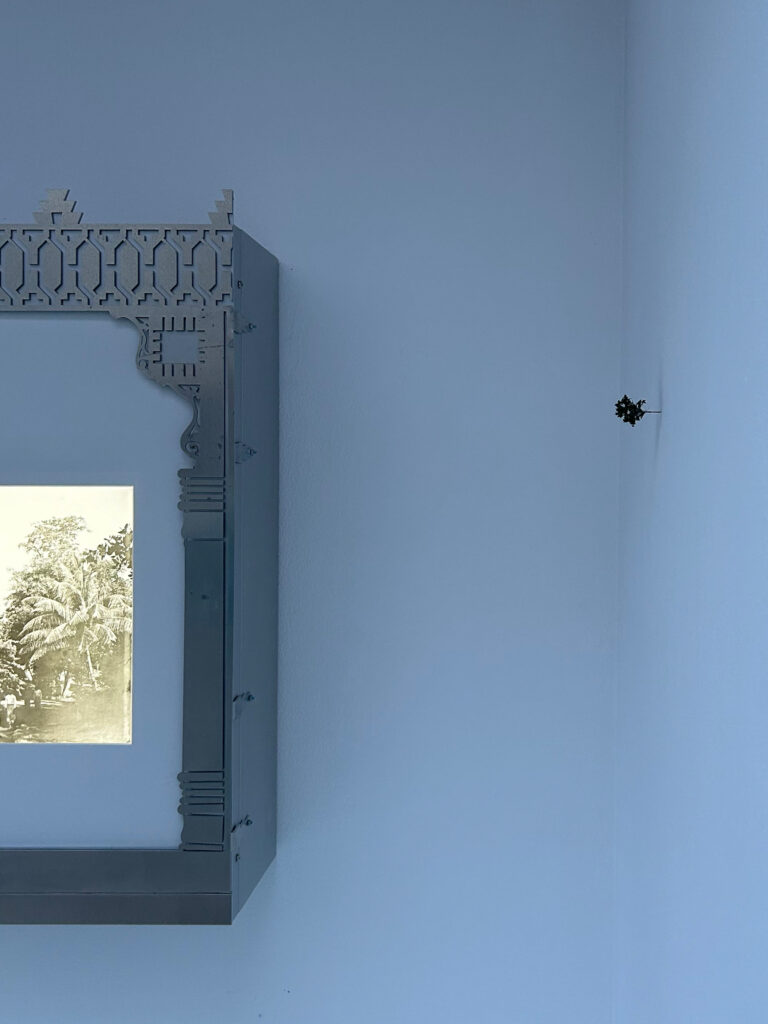
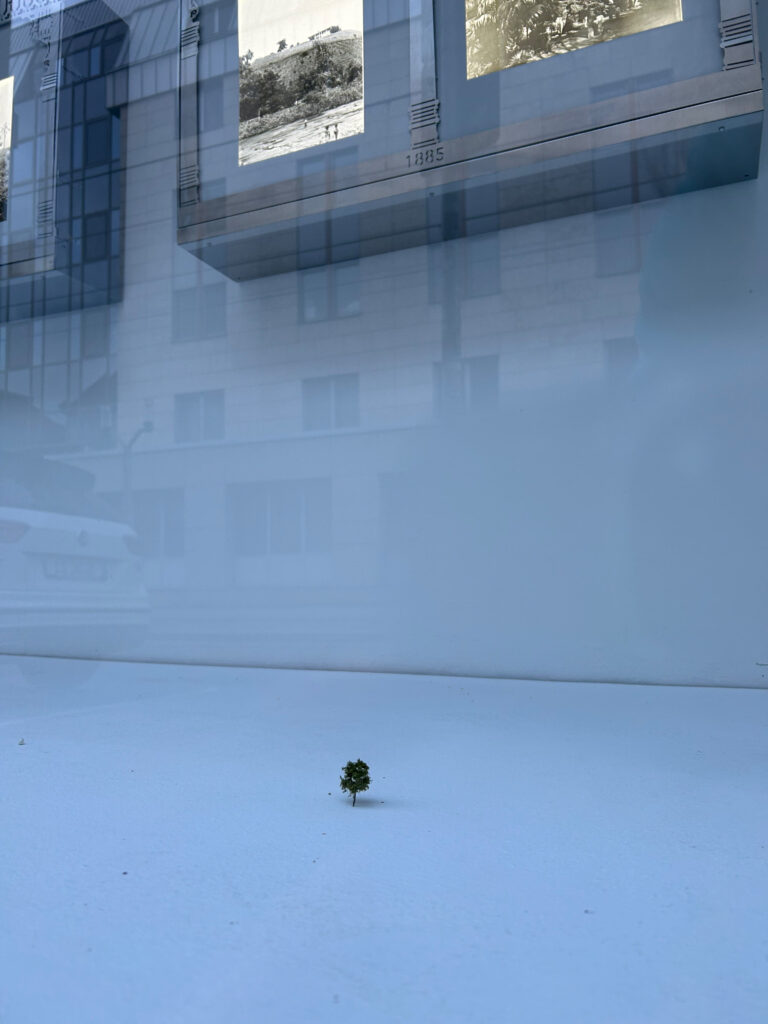
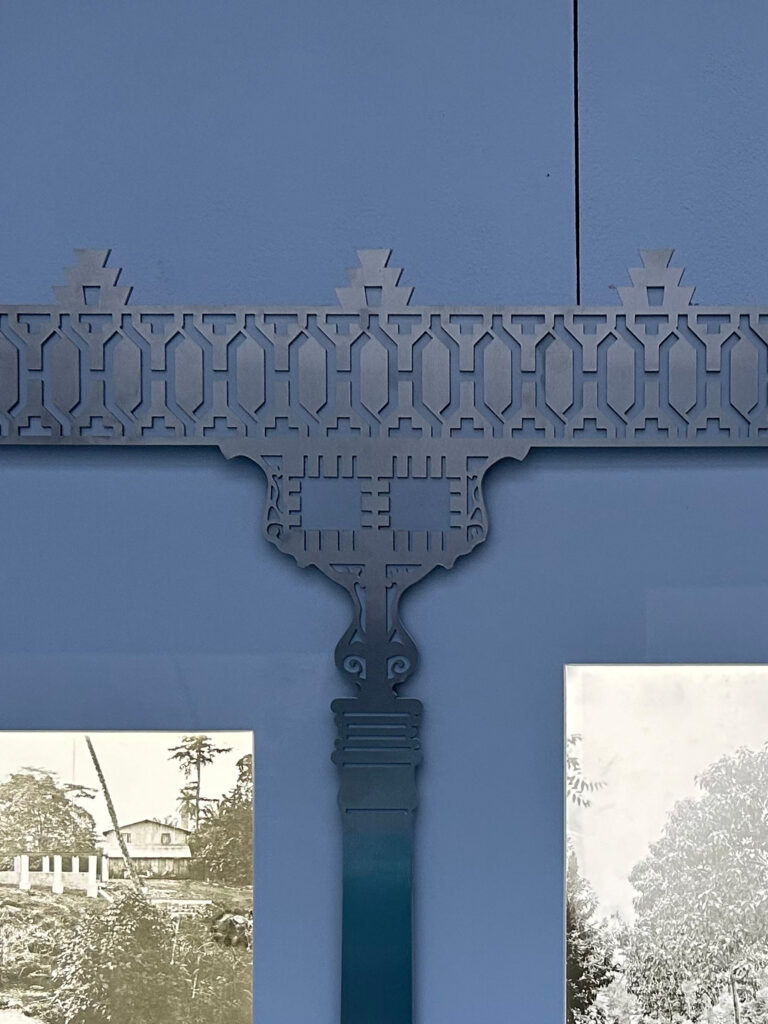
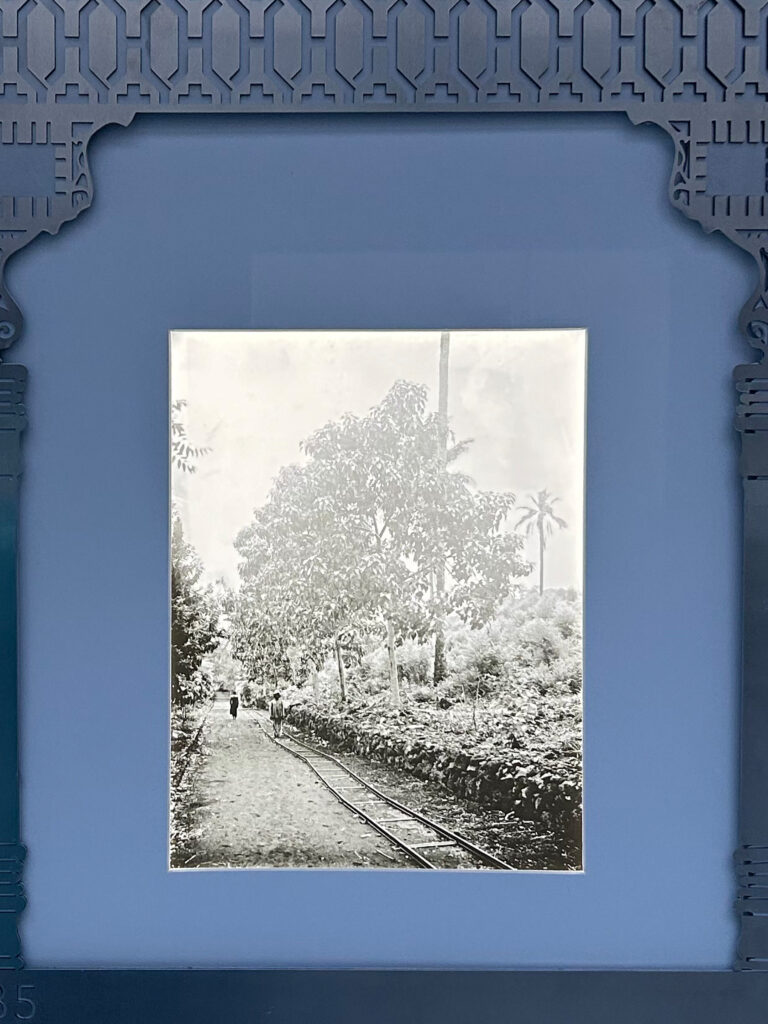
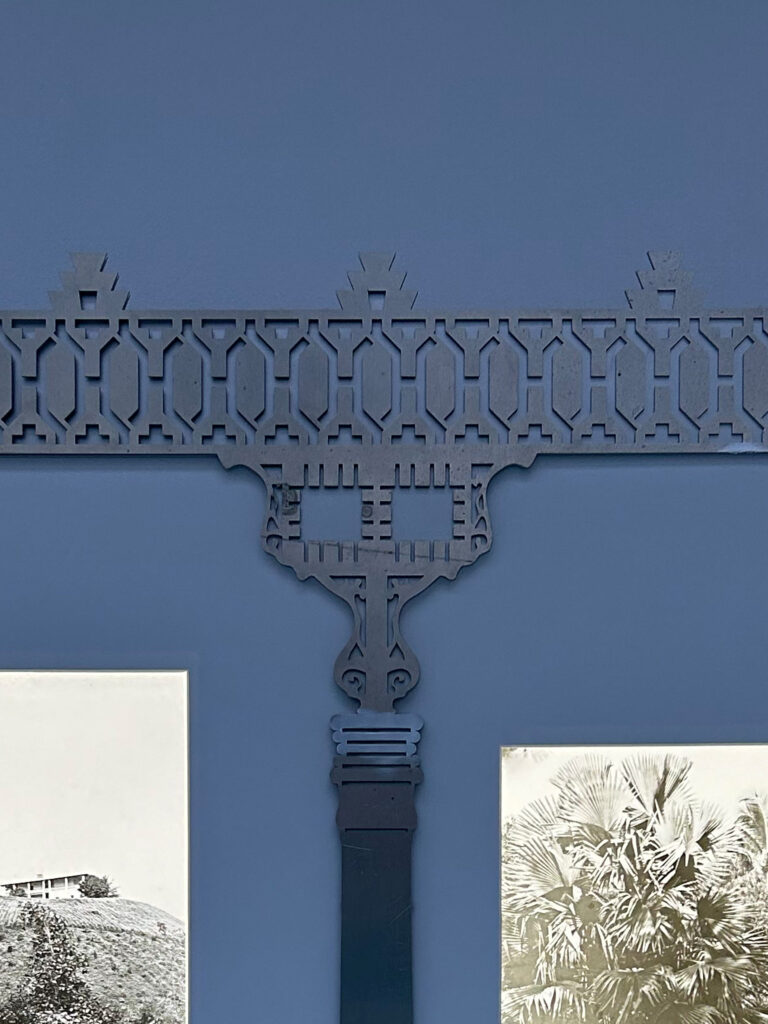
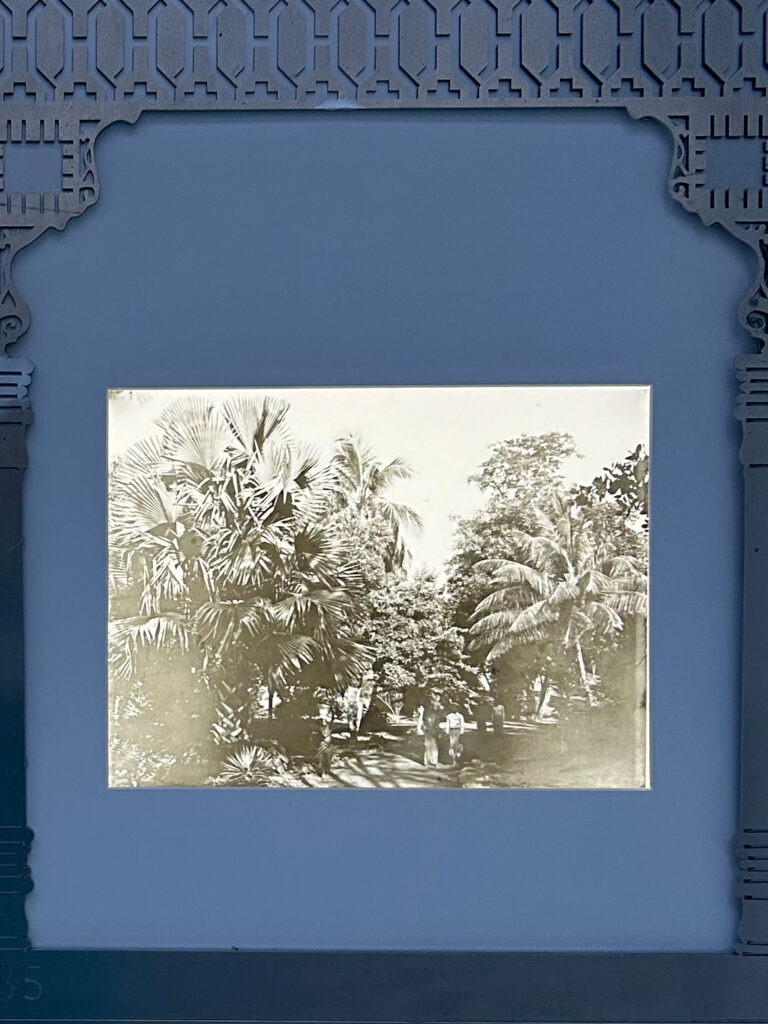
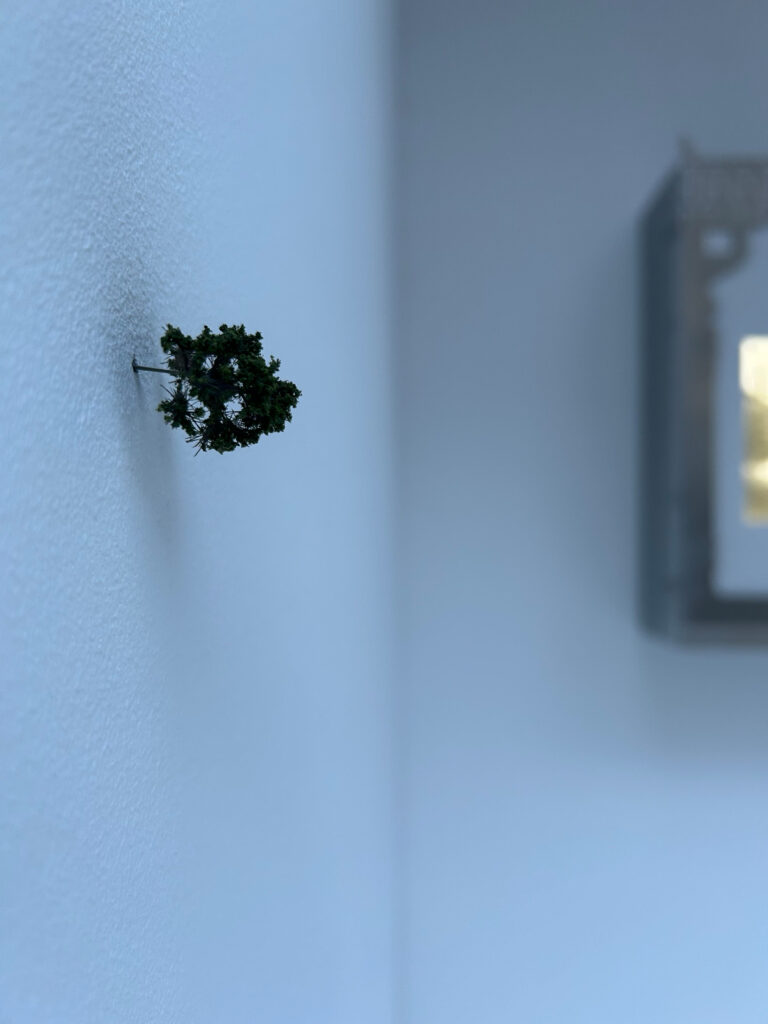

This work was generously supported by the Canada Council for the Arts.
With thanks to the Freie Universitaet Berlin, Botanic Garden and Botanical Museum Berlin, Science History Collection
With the kind support of the CURRENT – Art and Urban Space, Akademie Schloss Solitude, Kulturamt Stuttgart, LBBW Stiftung, Rosspartner Werbetechnik, Ritter Sport, promoted in the impulse program “Culture after Corona” of the Ministry of Science, Research and Art Baden-Württemberg.

